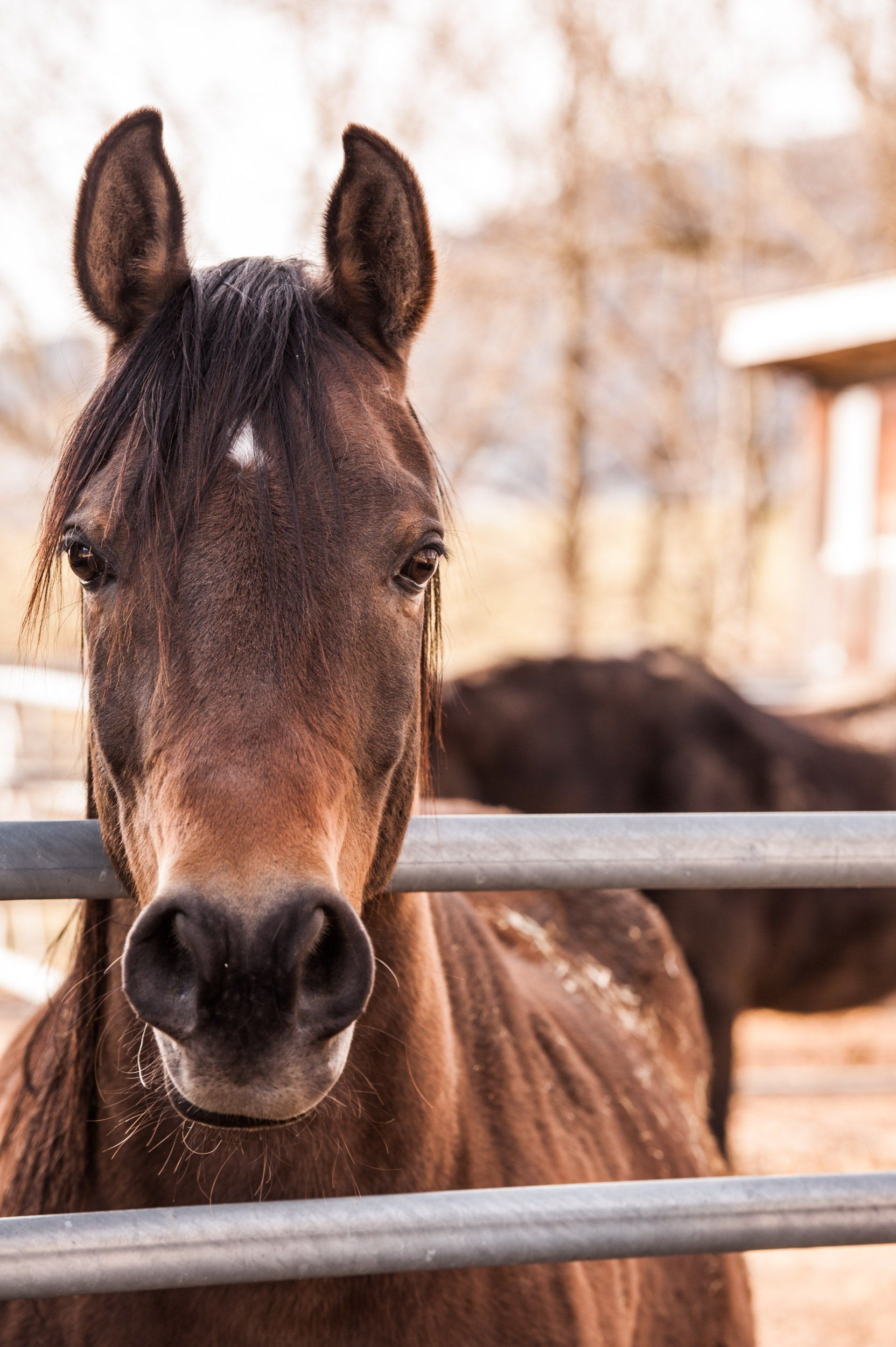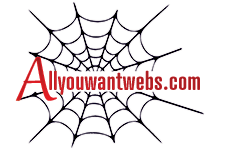Stressed Out Horse?
- Pain?
- Poor Conditions?
- Head Tossing?
- Pawing?
- Going Off Feed?
- Pulmonary Hemorrhage (bleeding)?
- Vices in Hand / Under Saddle?
- Stomach Ulcers?
- Cribbing?
- Stall Walking?
- Weaving?
Would you like to have a calmer, more relaxed horse? Quantum Biofeedback Benefits for Horses
- Ability to Relax More Quickly
- Less Anxiety
- Ability for Body to Heal from Trauma or Injury More Quickly
- Improve General Health
- Increased Calmness & Peacefulness
- Heightened Muscle Mobility
- Better Focus of Attention
- Horse & Rider May have Deeper Communication
- Deeper Concentration & Enhanced Memory
- Fewer Feeling of Pain & Stress
Stress Reduction for Horses?
Stress affects us all. The deleterious effects of excess stress have been well documented in a wide range of medical publications. Thousands of research articles, studies and books prove beyond a shadow of doubt, that stress can be a factor in any disease, as it alters biochemistry and neurological functioning, and can weaken the immune system and the digestive tract.
Fight or Flight Response in Horses
Stress can trigger the body's response to perceived threat or danger, the fight response. During this reaction, certain hormones like adrenaline and cortisol are released, speeding the heart rate, slowing digestion slowing blood flow to major muscle groups, and changing various other autonomic nervous functions, giving the body a burst of energy and strength. Originally named for its ability to enable us to physically fight or run away when faced with danger, it's now activated in situations where neither response is appropriate, like while being stalled or during competition.
When the perceived threat is gone, systems are designed to return to normal function via the relaxation response, but in times of chronic stress, this often does not happen, causing damage to the body if stress is not reduced and managed.
Common physiological changes resulting from stress reactions include increased Heart Rate, which can lead and / or contribute to heart conditions. Hormonal fluctuations, which can lead and / or contribute to endocrine, reproductive, digestive disorders, obesity, diabetes and mental disorders. Constriction of muscles and blood vessels can lead and / or contribute to pain, tension, circulatory issues, cardio-pulmonary issues and asthma. The suppression of non-essential life processes, which affects reproduction, higher executive brain function, digestion and immunity. In horses, this can be seen as developing stomach ulcers, weight loss or inability to hold weight, going off of feed, vices in the stall such as weaving, cribbing, walking the stall, etc.; bad acting under saddle with lack of a physical cause, pulmonary hemorrhage (bleeding), and a whole host of other problems.
Stress reactions also occur on the unconscious, cellular, subtle or energetic levels each time we are exposed to a toxin, pathogen or allergen, and every time our body experiences a nutritional deficiency or excess.


